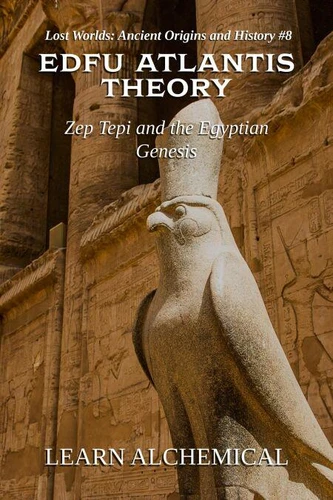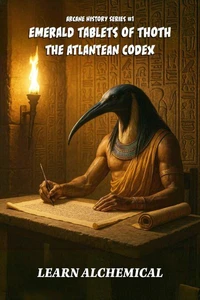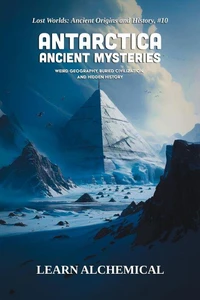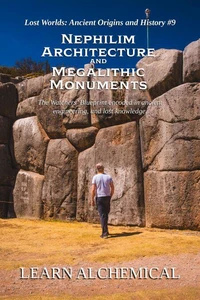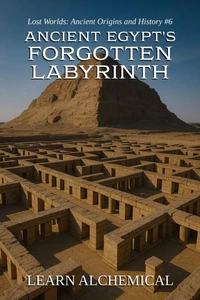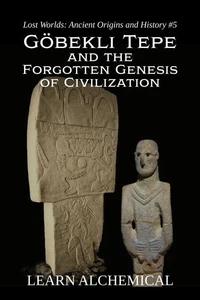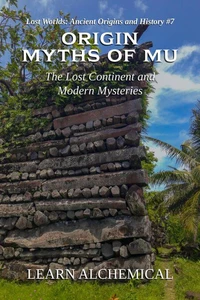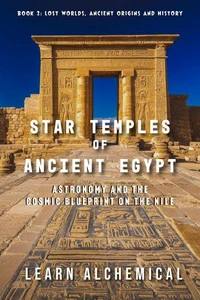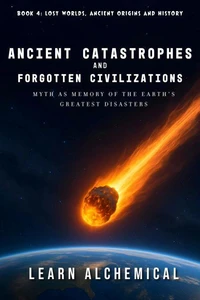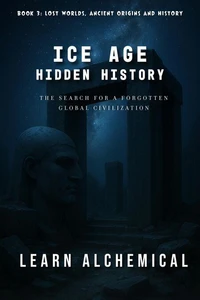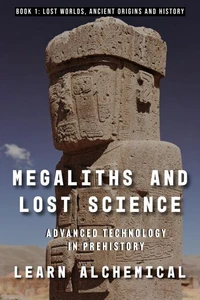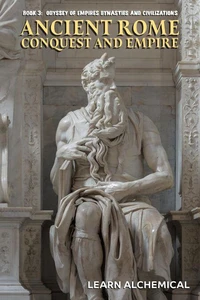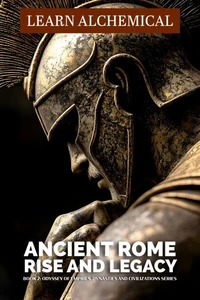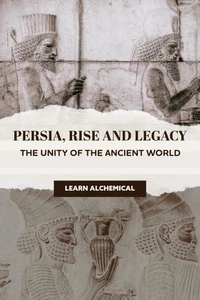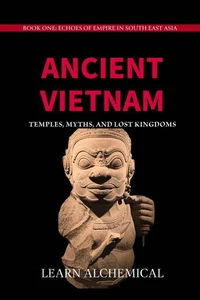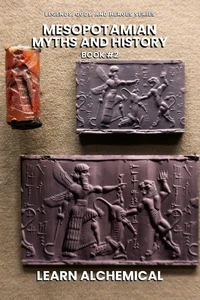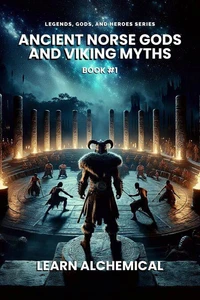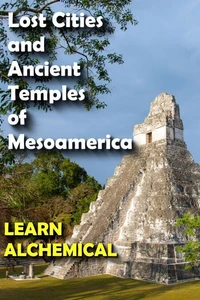Edfu Atlantis Theory: Zep Tepi and the Egyptian Genesis. Lost Worlds: Ancient Origins and History, #8
Par :Formats :
Disponible dans votre compte client Decitre ou Furet du Nord dès validation de votre commande. Le format ePub est :
- Compatible avec une lecture sur My Vivlio (smartphone, tablette, ordinateur)
- Compatible avec une lecture sur liseuses Vivlio
- Pour les liseuses autres que Vivlio, vous devez utiliser le logiciel Adobe Digital Edition. Non compatible avec la lecture sur les liseuses Kindle, Remarkable et Sony
 , qui est-ce ?
, qui est-ce ?Notre partenaire de plateforme de lecture numérique où vous retrouverez l'ensemble de vos ebooks gratuitement
Pour en savoir plus sur nos ebooks, consultez notre aide en ligne ici
- FormatePub
- ISBN8232229856
- EAN9798232229856
- Date de parution12/09/2025
- Protection num.pas de protection
- Infos supplémentairesepub
- ÉditeurHamza elmir
Résumé
Beneath the sandstone walls of the Temple of Edfu lies one of the most enigmatic archives of the ancient world: a set of vast hieroglyphic inscriptions describing a homeland that rose from the waters, flourished, was struck by catastrophe, and was rebuilt by survivors. Long dismissed as myth, these so-called "Edfu Building Texts" preserve in extraordinary detail the memory of a sacred isle-an Atlantis of the Nile-that became the blueprint for Egyptian civilization.
The Edfu Atlantis Theory explores this forgotten legacy, showing how Egypt's myths of Zep Tepi, the First Time, were not idle legends but ritualized survival manuals. The Pyramid Texts, Coffin Texts, Memphite Theology, and Osirian mysteries all converge on the same truth: the Egyptians believed their temples, rituals, and kingship were reconstructions of an earlier world that had been lost. The sacred benben stone, the djed pillar, the stretching of the cord, and the orientation of sanctuaries to stars were not innovations but restorations of a primordial plan.
This book argues that Egypt was more than a civilization of the Nile. It was the ark of memory, carrying forward the design of a drowned world. From the Followers of Horus to the great temples of Karnak, Abydos, and Edfu, the evidence reveals a people determined never to forget the island of origins. By blending archaeology, myth, and ritual, The Edfu Atlantis Theory uncovers how Egypt became the living Atlantis of antiquity-the civilization that remembered, rebuilt, and raised the world again.
The Edfu Atlantis Theory explores this forgotten legacy, showing how Egypt's myths of Zep Tepi, the First Time, were not idle legends but ritualized survival manuals. The Pyramid Texts, Coffin Texts, Memphite Theology, and Osirian mysteries all converge on the same truth: the Egyptians believed their temples, rituals, and kingship were reconstructions of an earlier world that had been lost. The sacred benben stone, the djed pillar, the stretching of the cord, and the orientation of sanctuaries to stars were not innovations but restorations of a primordial plan.
This book argues that Egypt was more than a civilization of the Nile. It was the ark of memory, carrying forward the design of a drowned world. From the Followers of Horus to the great temples of Karnak, Abydos, and Edfu, the evidence reveals a people determined never to forget the island of origins. By blending archaeology, myth, and ritual, The Edfu Atlantis Theory uncovers how Egypt became the living Atlantis of antiquity-the civilization that remembered, rebuilt, and raised the world again.
Beneath the sandstone walls of the Temple of Edfu lies one of the most enigmatic archives of the ancient world: a set of vast hieroglyphic inscriptions describing a homeland that rose from the waters, flourished, was struck by catastrophe, and was rebuilt by survivors. Long dismissed as myth, these so-called "Edfu Building Texts" preserve in extraordinary detail the memory of a sacred isle-an Atlantis of the Nile-that became the blueprint for Egyptian civilization.
The Edfu Atlantis Theory explores this forgotten legacy, showing how Egypt's myths of Zep Tepi, the First Time, were not idle legends but ritualized survival manuals. The Pyramid Texts, Coffin Texts, Memphite Theology, and Osirian mysteries all converge on the same truth: the Egyptians believed their temples, rituals, and kingship were reconstructions of an earlier world that had been lost. The sacred benben stone, the djed pillar, the stretching of the cord, and the orientation of sanctuaries to stars were not innovations but restorations of a primordial plan.
This book argues that Egypt was more than a civilization of the Nile. It was the ark of memory, carrying forward the design of a drowned world. From the Followers of Horus to the great temples of Karnak, Abydos, and Edfu, the evidence reveals a people determined never to forget the island of origins. By blending archaeology, myth, and ritual, The Edfu Atlantis Theory uncovers how Egypt became the living Atlantis of antiquity-the civilization that remembered, rebuilt, and raised the world again.
The Edfu Atlantis Theory explores this forgotten legacy, showing how Egypt's myths of Zep Tepi, the First Time, were not idle legends but ritualized survival manuals. The Pyramid Texts, Coffin Texts, Memphite Theology, and Osirian mysteries all converge on the same truth: the Egyptians believed their temples, rituals, and kingship were reconstructions of an earlier world that had been lost. The sacred benben stone, the djed pillar, the stretching of the cord, and the orientation of sanctuaries to stars were not innovations but restorations of a primordial plan.
This book argues that Egypt was more than a civilization of the Nile. It was the ark of memory, carrying forward the design of a drowned world. From the Followers of Horus to the great temples of Karnak, Abydos, and Edfu, the evidence reveals a people determined never to forget the island of origins. By blending archaeology, myth, and ritual, The Edfu Atlantis Theory uncovers how Egypt became the living Atlantis of antiquity-the civilization that remembered, rebuilt, and raised the world again.

